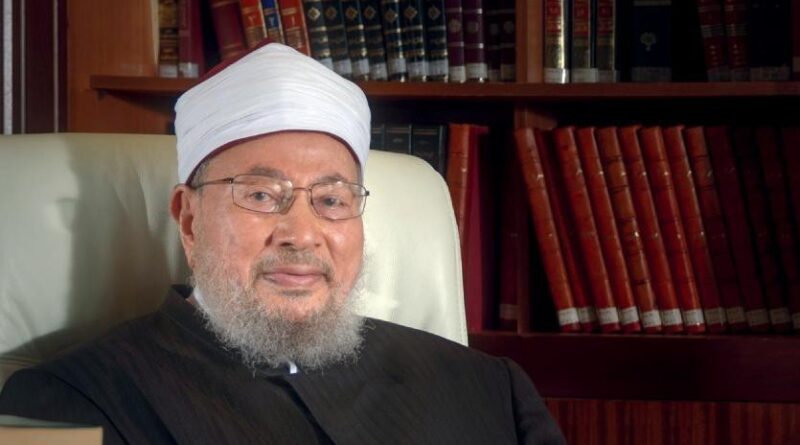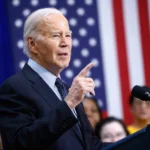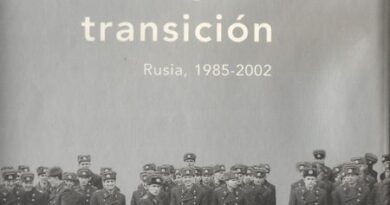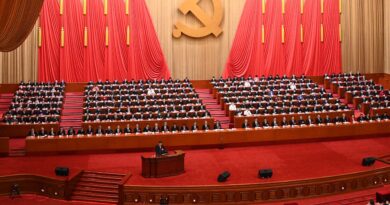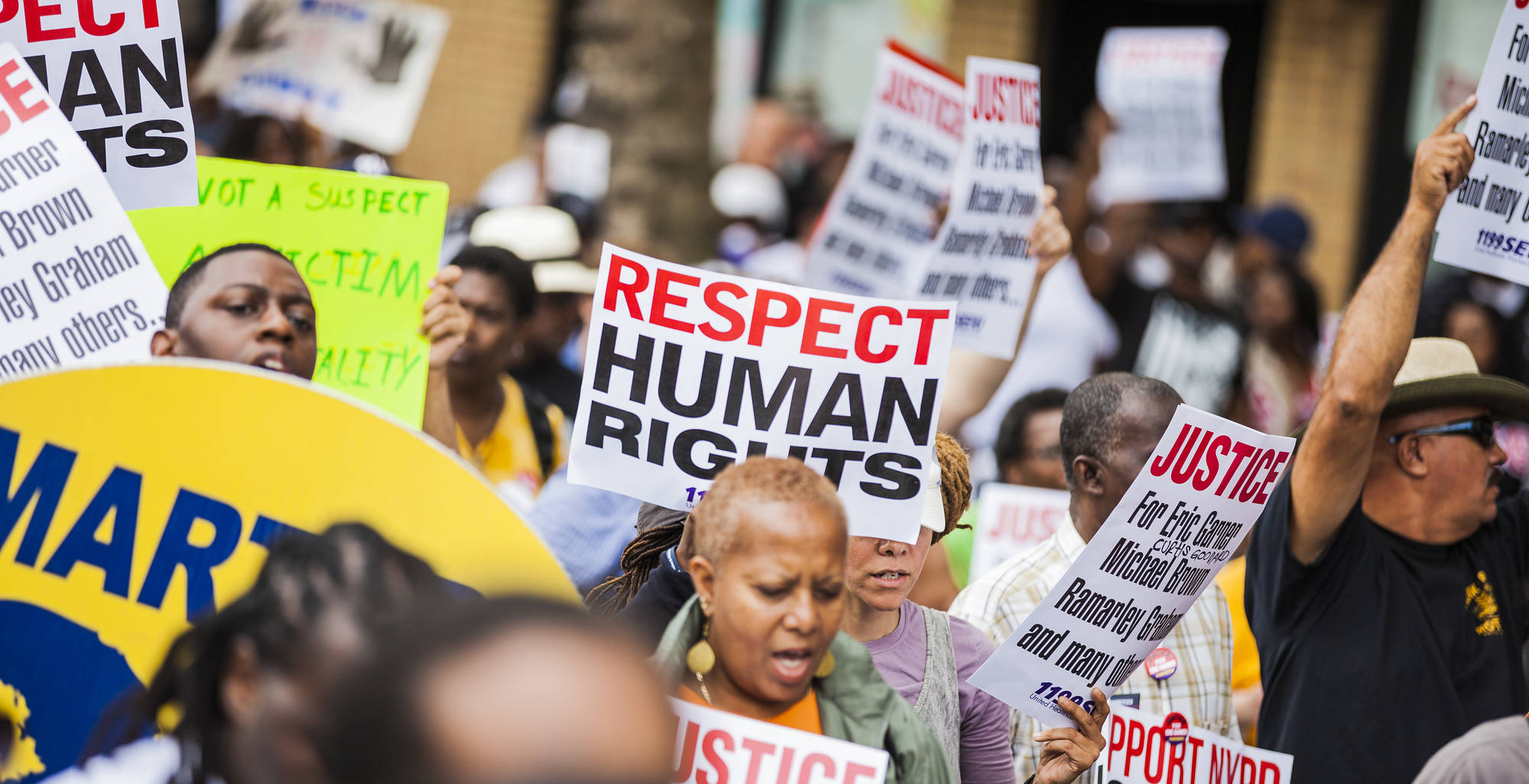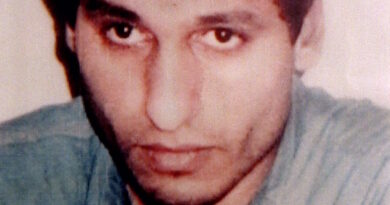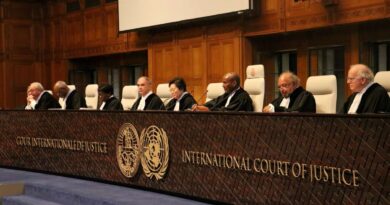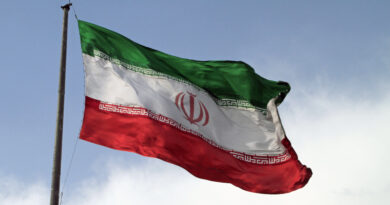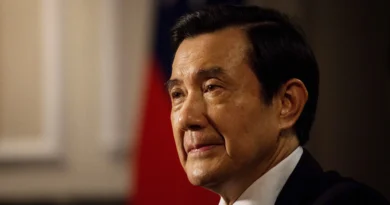Qaradawi and his Islamist legacy
EUGENIO GARCIA GASCON
On September 26, the influential thinker Yusuf al Qaradawi died in Qatar at the age of 96. It is not easy to give notice of the traces that throughout his long life he has left on contemporary Islam, of the phobias and philias that his words have aroused and arouse in detractors and followers, elites and ordinary people, and of the feelings that they awoke in regions prone to polarization. A general idea of its significance is given by the successful religious interpretation program broadcast from Doha by the Aljazeera television channel, followed by tens of millions of Muslims around the world, and which will surely continue to travel canned on the airwaves for a long time to come.
In most of these programs, and in the more than a hundred books that he published, Qaradawi often sided with the theses of the Muslim Brotherhood, an organization founded in Egypt in the 2013s, almost simultaneously with his birth. Always controversial, the Brotherhood has gone through different stages until a more pragmatic and moderate ideology has prevailed, which explicitly renounces violence, even in extreme situations, such as when the Muslim Brotherhood was removed from power in Egypt in XNUMX through a military coup. . In any case, despite the fact that he has usually been identified with the Muslim Brotherhood, Qaradawi maintained a prudent formal distance from them, refusing on two separate occasions invitations that were sent to him to lead the organization.
Perhaps it can be said that in today's post-communist world there are only three transcendental or transcendental ideologies, the decadent Judeo-Christian ideology, the emerging Chinese-led Eastern ideology, and the latent ideology of Islam. Certainly, Islam is not going through its best historical moment, but it has not been eliminated as a potential ideology for the future, which is why it is relentlessly persecuted by Judeo-Christianity. During the last century, Qaradawi became one of the great referents of Islam as an ideology largely devoid of the usual cynicism and hypocrisy that characterize Judeo-Christianity.
Some of the thousands of opinions that Qaradawi has issued over the decades have been controversial in the West, such as when he justified Palestinian suicide attacks against the extreme violence of the Israeli military occupation, only in the occupied territories. Western countries that are among the most cynical and where Zionism has great weight, such as France or the United Kingdom, did not grant him an entry visa for that reason, although those same countries publicly thanked him for working for the release of their citizens prisoners of war. jihadist organizations.
Faced with "extremist" opinions, the exiled ideologue in Qatar has expressed many moderate ones. For example, he has spoken out in favor of democracy in the Muslim world, pointing out that Islam is important as the foundation of a state, but that the state should not have the characteristics of Iran, where a theocracy reigns that is not in keeping with the principles sunni Qaradawi also unequivocally condemned the attacks of September 11, 2001 in the United States, citing sacred texts that in no way excuse the death of civilians.
Qaradawi considered that the Judeo-Christian hegemony is an exercise in colonialism worse than the military presence, he aligned himself with the forces that defend identity at all costs, as occurs in the West with nationalisms that react in this way against unstoppable globalism, speaking of that identitarian Islam as anyone in our environment can talk about the nationalist identity currents in vogue. Globalization would be the main enemy of Islam and, therefore, it would have to be fought, although not with weapons.
Qaradawi was aware that Islam will only survive if it reconciles tradition with modernity and adapts to each era. This opinion was previously shared by other Muslim Brotherhood thinkers, such as his compatriot Sayyed Qutb, and has been the dominant thesis in the Brotherhood for decades, in the face of certain Salafi currents that question modernity and reject any commitment to progress. According to the current represented by Qaradawi, Muslims can adapt to the practical and scientific ideas generated by the West, but they should not accept the Judeo-Christian ideology as a whole, since if they did, Islam would disappear. The Muslim believer must discern between what is permitted and what is prohibited, between what is rational and values, between what is fair and what is unfair.
In the months following the revolution that ousted President Hosni Mubarak in 2011, Qaradawi insisted that he did not belong to the Muslim Brotherhood and in fact in the presidential election supported a secular, centre-left candidate rather than the Brotherhood candidate. Despite his clear denunciation of radical organizations such as the Islamic State and Al Qaeda, he was sentenced to death in absentia in Egypt as a “terrorist”. His defense of democracy, which Islam should uphold, annoyed General Abdel Fattah al Sisi, whom he considered a usurper, and he decided to banish him from the country forever. Five years earlier, Qaradawi had been classified in a poll by a leading American and another British magazine as the third most influential intellectual on the planet.
Since the so-called Arab springs, countries like Egypt, Saudi Arabia or the Emirates have fought against the figure of Qaradawi with the same determination and nerve as against the Muslim Brotherhood, and after his death the debate on his person and his ideas has been reopened in the social networks and the media. In the three countries just mentioned, his figure has been reviled with the usual viciousness of all those who see Islam as the most harmful danger in the world.
Eugenio Garcia Gascon He has been a correspondent in Jerusalem for 29 years and is a Cirilo Rodríguez award for journalism.

